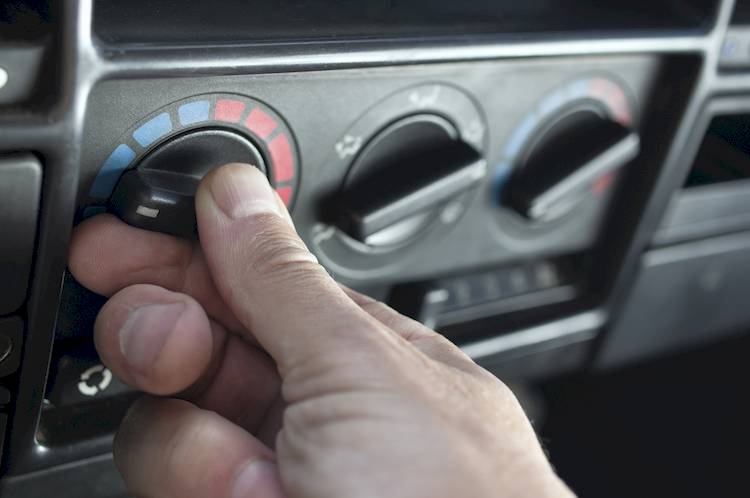

In order for the cooling system on your vehicle to work, you will have to make sure that all of its components are repair free. The thermostat that is on your vehicle helps to regulate the flow of coolant as the engine heats up during operation. The heater bypass tube allows for the coolant to circulate even if the thermostat on your vehicle is closed. This helps to prevent the buildup of excess pressure and will allow for an even amount of engine cooling to take place. Every time that the engine is ran, the bypass tube will have to perform a very specific and important job.
The heater bypass tube is made of metal, which means that it is very durable and resilient. This bypass tube is supposed to last as long as a car, but due to the metal construction, rust is definitely a concern. The longer that the bypass tube is on a car, the more wear it will ultimately start to show. Without a properly working bypass tube, it will be hard for a car owner to keep their cooling system regulated and problem free. The position of the heater bypass tube is one of the reasons why it is not checked until there are issues with it.
If you begin to experience issues with your heater bypass tube, then you will have to take the time to make sure that you address them in a hurry. Leaving this important component of your cooling system in a state of disrepair can lead to further damage. Running a car’s engine too hot can lead to blown head gaskets and other serious repairs. Noticing the warning signs that your car is giving you can allow you to get your heater bypass tube fixed in a short amount of time.
- There is a strong smell of coolant from under the hood
- Puddles of coolant are on the ground
- The engine is running hot on a regular basis
Having a professional address the repair issues with your bypass tube is the best way to get the work done the right way. Trying to handle this type of repair on your own can make the situation much worse.



